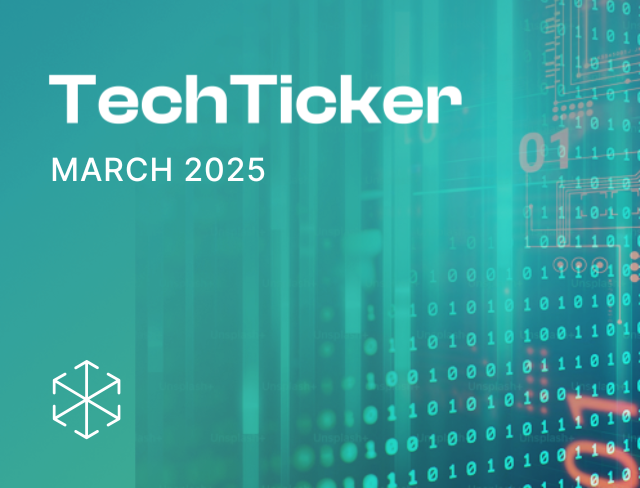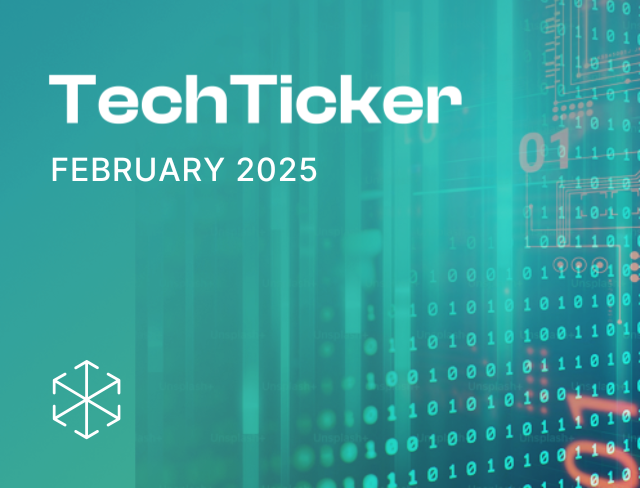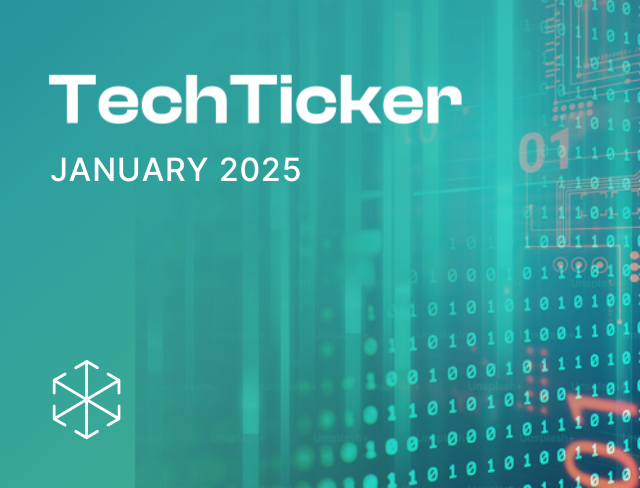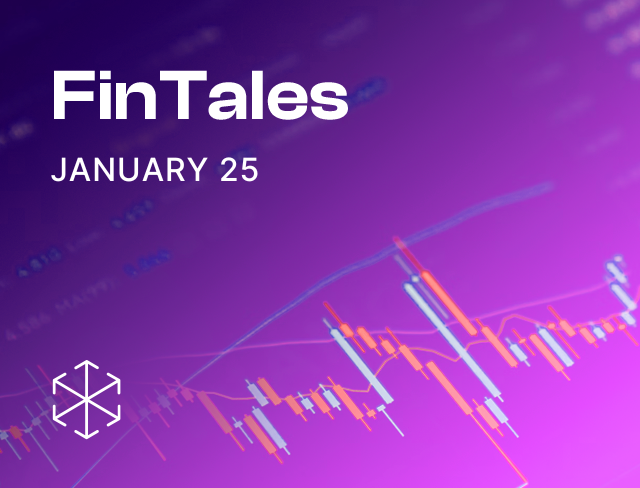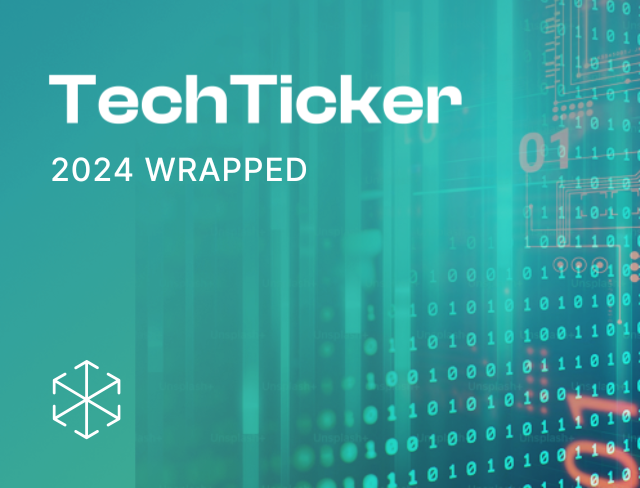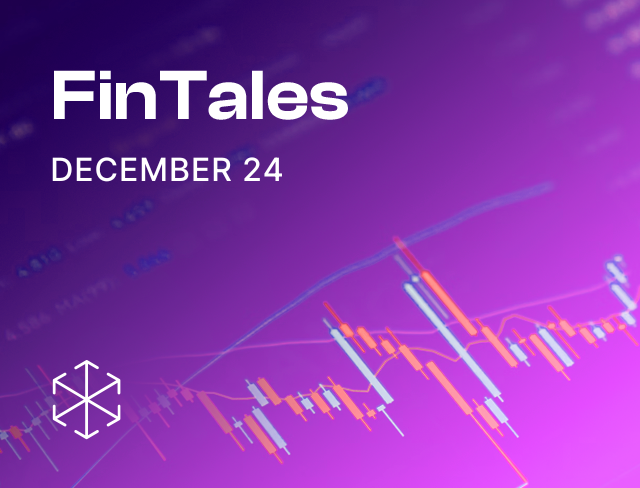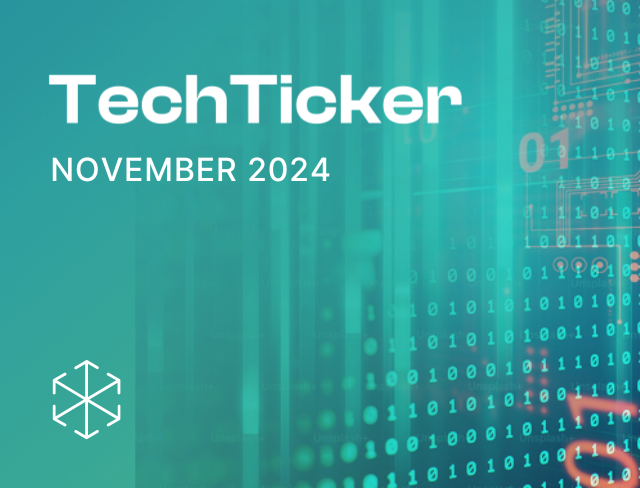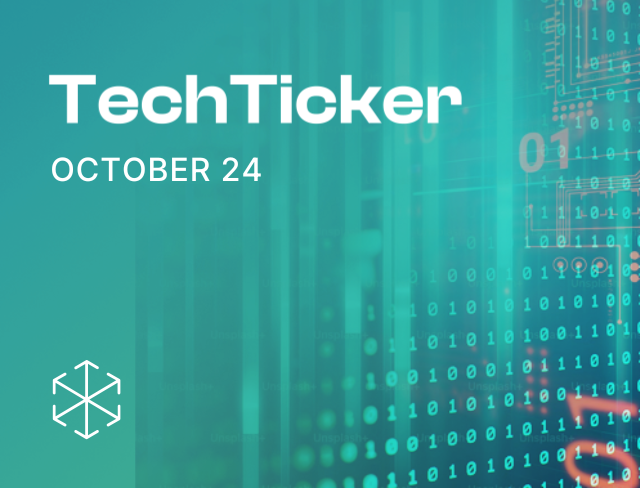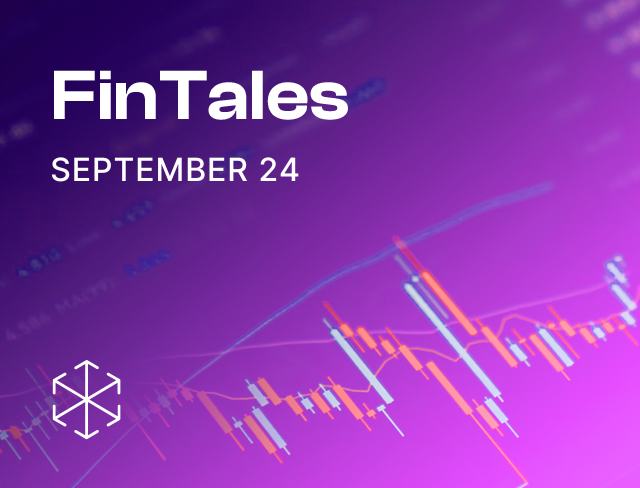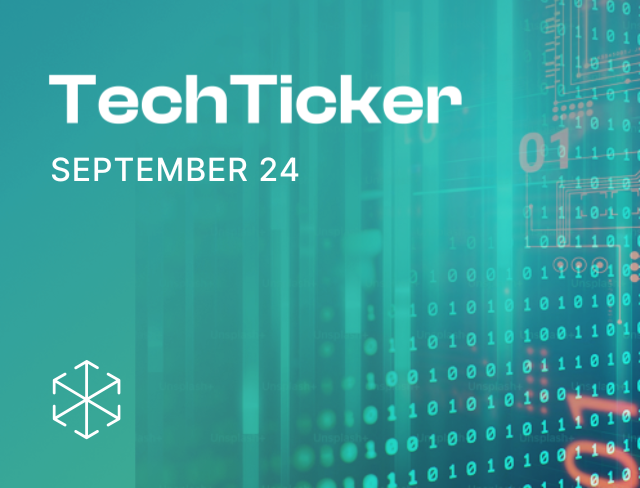Hi there! A list of dos and don’ts for e-commerce, doubts over the status of the PDP Bill, news about a crypto bill doing rounds (again!)- we’ve got it all covered for you in this edition of the Tech Ticker! Let’s get at it!
Parliament watch
Earlier this month, the legislative agenda (a tentative list of laws to be taken up during a Parliamentary session) for the upcoming monsoon session (19 July- 13 August 2021) was released. Though news reports suggested that the government may table the cryptocurrency bill during the session, the legislative agenda does not list the bill. In a recent interview, the Union Finance Minister Ms. Nirmala Sitharaman said that the cabinet note on the bill has been submitted, and is awaiting the Union Cabinet’s approval. She also said that, “at least for fintech, experiment and pilot projects, a window will be available.”
In February 2021, the legislative agenda for the budget session included a bill to introduce a digital currency backed by the Reserve Bank of India (RBI) and ban private cryptocurrencies. In 2019, a similar bill to ban the use of cryptocurrencies was released by an Inter-Ministerial Committee, but it was never tabled in Parliament. In 2018, the RBI restricted banks from dealing in cryptocurrency, but the Supreme Court overturned RBI’s circular in 2020. We represented several cryptocurrency exchanges in the Supreme Court. Read our take on all things blockchain and crypto, here.
We will be keeping a close eye on Parliamentary proceedings. Read our pieces on tech related questions raised in a Parliamentary session, and key reports released by the Standing Committee on Information Technology. Find more content on Parliamentary research, here.
Cabinet reshuffle
Prime Minister Narendra Modi rejigged his cabinet of ministers for the first time since the ruling party got back in power in 2019. 43 new and old ministers were inducted from the Bhartiya Janata Party (BJP) and its allies in the cabinet. 12 ministers resigned, of which the most significant ministers to step down from their portfolios were the then Information and Broadcasting Minister Mr. Prakash Javadekar and IT Minister Mr. Ravi Shankar Prasad.
Mr. Ashwini Vaishnaw, an ex-IAS officer and a first time Member of Parliament (MP) of Rajya Sabha from Odisha, assumed charge of the Electronics and IT, Communications and Railway ministries. He was a member of the Joint Parliamentary Committee (JPC) on the Personal Data Protection Bill (PDP Bill), and the Parliamentary Committee on Science and Technology, Environment and Forests. In his first statement as the IT minister, he clarified that “the law of the land is supreme and Twitter must follow the IT Rules”.
Mr. Anurag Singh Thakur, four time MP of Lok Sabha from Himachal Pradesh, was appointed as the Information and Broadcasting and Youth Affairs and Sports minister. He has served as the chairperson of the Parliamentary Standing Committee on Information Technology, and was a member of the Standing Committee on Transport, Tourism and Culture. He was the former president of the Board of Control for Cricket in India (BCCI). As the erstwhile Minister of State for Finance and Corporate Affairs, Mr. Thakur hinted at introducing a bill to regulate digital currencies.
Mr. Rajeev Chandrasekhar, three term MP of Rajya Sabha from Karnataka, was appointed as the Minister of State of Electronics and IT, and Skill Development and Entrepreneurship. He was a member of the JPC on the PDP Bill, and the Rajya Sabha committee on the issue of pornography on social media and its effect on children and society. In one of his first media bytes following his appointment, Mr. Chandrasekhar said that social media entities must comply fully with Indian laws.
Data and privacy
Five members of the JPC on the PDP Bill were appointed as ministers in the Union Cabinet in the recent cabinet reshuffle; including Meenakshi Lekhi (Chairperson, JPC). A cabinet minister cannot be a member of a Parliamentary committee. So, what happens to the JPC and the PDP Bill? All of these five members will have to resign from the JPC. But the JPC will not be required to be re-constituted. A new chairperson will be appointed from the existing JPC members, most likely a member of the ruling party. The remaining vacancies may or may not be filled. Speculations were rife that the cabinet reshuffle may affect the tabling of the JPC’s report on the PDP Bill in the upcoming monsoon session. But, Lok Sabha speaker Om Birla said that most of the work of the JPC is over, and a new chairperson has to be nominated, but this should not “affect the submission of the report“.
E-commerce and consumer affairs
The Ministry of Consumer Affairs (MoCA) published proposed amendments to the Consumer Protection (E-Commerce) Rules 2020 (Draft Rules) for feedback by 21 July 2021. The Draft Rules require e-commerce companies to register with the government, and appoint several officers like the IT Rules, including a grievance redressal officer, a nodal officer for continuous law enforcement assistance, and a chief compliance officer who will be personally responsible for non-compliance under the Draft Rules. The MoCA holds marketplaces liable for negligent acts of sellers; restricts ‘fraudulent’ flash sales, mis-selling, among other things. The restrictions applicable to marketplaces extend to their ‘associated’ and ‘related’ parties. The proposals under the aegis of MoCA took the industry by surprise. Why? Because some of the issues under the Draft Rules were being mulled over by the Ministry of Commerce and Industry (Commerce Ministry) under the umbrella of a draft e-commerce policy. The minister of Consumer Affairs and Commerce, Mr. Piyush Goyal clarified that the Draft Rules are part of a series, with clarifications to the FDI norms and an e-commerce policy in the offing.
In other news, the Commerce Ministry officially acted on its Open Network for Digital Commerce (ONDC) project. It set up a nine-member advisory council, which will design and accelerate ONDC’s adoption. ONDC aims at promoting open networks developed on open-sourced methodology. It will use open specifications and network protocols, which will run independent of any specific platform. The protocols for ONDC will be akin to UPI for payments, and ‘https’ for secure communication over the web. Meaning? Reports in 2020 indicated that ONDC will be the back-end infrastructure for setting up consumer-facing e-commerce platforms. There will be open standards for onboarding retailers, vendor discovery, cataloguing, price discovery, and other aspects from supply to delivery. But it is unclear if existing players will have to comply or align with the protocols set out in ONDC. The Quality Council of India (QCI) is spearheading the project. The advisory council includes R.S. Sharma, CEO, National Health Authority; Nandan M. Nilekani, non-executive Chairman of Infosys; Adil Zainulbhai, Chairman, QCI; Praveen Khandelwal, Secretary-General, Confederation of All India Traders (CAIT); among others. The council in its first meeting discussed the issues relating to ONDC’s formation and its basic fundamentals.
Digital media, online content and intermediary liability
Reports suggest that both the Ministry of Information and Broadcasting (MIB) and the Intelligence Bureau (IB) had said that a new law should be drafted for OTT and digital news platforms, instead of governing them under the Information Technology (Intermediary Guidelines and Digital Media Ethics Code) Rules, 2021 (IT Rules). Legal advisors of the government had raised similar concerns, and indicated that the IT Rules went beyond the scope of the Information Technology Act, 2000 (IT Act). A spate of petitions have been filed against the IT Rules across different high courts. And the central government has filed a transfer petition to bring these petitions to the Supreme Court. Read Aman’s take on the IT Rules, here; and Vijayant’s and Aman’s views on what the traceability requirement under the IT Rules means for users, here.
Meanwhile, Significant Social Media Intermediaries (SSMI) (platforms with more than 5 million registered users in India) released their monthly compliance reports under the IT Rules; with details of complaints received, the number of specific communication links or parts of information removed or disabled, among other things. WhatsApp reported that it received 345 complaints, of which it resolved 63. Google mentioned that majority of the content removed related to copyright and trade mark infringement. Indian microblogging website Koo also released its report, perhaps not as detailed as Google’s. But the IT Rules do not clarify the level of granularity for such reports. Twitter indicated that it received 94 grievances via its grievance officer-India channel and ‘actioned’ 133 URLs, and said that it will provide more granular data based on government’s feedback and internal changes. Twitter has drawn flak from the government and the Delhi High Court for its failure to comply with the IT Rules. The Delhi High Court is currently hearing a petition against Twitter’s failure to appoint a resident grievance officer.
In a first, the Digital Media Content Regulatory Council (DMCRC), the Self- Regulatory body (SRB) of the Indian Broadcasting Federation heard an appeal under the IT Rules against the trailer of Disney+Hotstar’s ‘Grahan’. The DMCRC dismissed the appeal and said that it was unreasonable to judge a show that ran into 8 episodes based on a trailer. An SRB under the IT Rules sits at level two of the three-tier grievance redressal structure, with an internal compliant redressal system at level one and a government committee with emergency powers to block access to OTT and news content at the apex level. The decision of the SRB can be appealed before the government, which is yet to set up its committee. Reports suggest that the government is in the process of releasing a charter laying down the groundwork for SRBs.
Health-tech
The National Pharmaceutical Pricing Authority (NPPA) capped the prices of pulse oximeters, blood pressure machines, digital thermometers, and other medical devices reportedly to address the increase in their demand due the pandemic. And the Indian medical device industry questioned the NPPA for not sharing the trade margin data used to decide the price caps. Shambhavi in a post analysed the possibility of more medical devices coming under regulation and price control and whether that would impact India’s ‘Atmanirbhar Bharat’ goals in any way. Price control is not the only issue for India’s health tech industry and start-ups. Shambhavi dived into the product-regulatory relationship to put together a primer on the other considerations for providing a strong foundation for a health tech product. Read our previous blogs, here.
Fin-tech
The RBI restricted Mastercard from on-boarding new customers, for its failure to store payments data in India. In April 2018, the RBI directed payment system providers to store ‘payments data’ in India, and submit an audit compliance report within 6 months. The industry raised concerns about the operational disruptions expected with such a move. The RBI however maintained its position, issued FAQs for clarification, but did not take any strict action. Until April 2021, when the RBI restricted American Express and Diners Club from on-boarding new customers for their failure to store payments data locally. It also asked payment companies to submit ‘compliance certificates’ confirming their adherence to RBI’s direction. As the government explores data localisation proposals in the PDP Bill, the RBI’s hard position and the resultant compliance by payments players, may strengthen the government’s resolve to go ahead with its proposals. Players like Visa and WhatsApp have complied with RBI’s direction, despite initial concerns raised.
For a round-up of developments in the fintech space, subscribe to our new monthly newsletter- FinTales! Read past issues here, and subscribe by emailing contact@ikigailaw.com with the subject “FinTales”.
Gaming
Earlier in June, the Uttar Pradesh (UP) Law Commission released a Draft Prevention of Public Gambling Bill, 2021 (Bill) to regulate gaming and gambling in the state. The Bill exempts ‘games of mere skill’ from the ambit of its criminal provisions. But clarifies that if a game of skill and chance combined (i.e., a predominantly skill-based game or a predominantly chance-based game) is played in a common gaming house, it will qualify as gambling and be punishable. The Bill includes websites and apps within the definition of a common gaming house, similar to the newly amended gambling and real money laws of Telangana, Andhra Pradesh, Tamil Nadu and others. Read Sarthak’s views for Medianama on what these amendments mean for international gaming platforms and whether government can take action against them.
That’s it from us. We’d love to hear from you. Tell us what you think about the developments we covered. Or if you’d like us to cover another development. Write to us at contact@ikigailaw.com.

